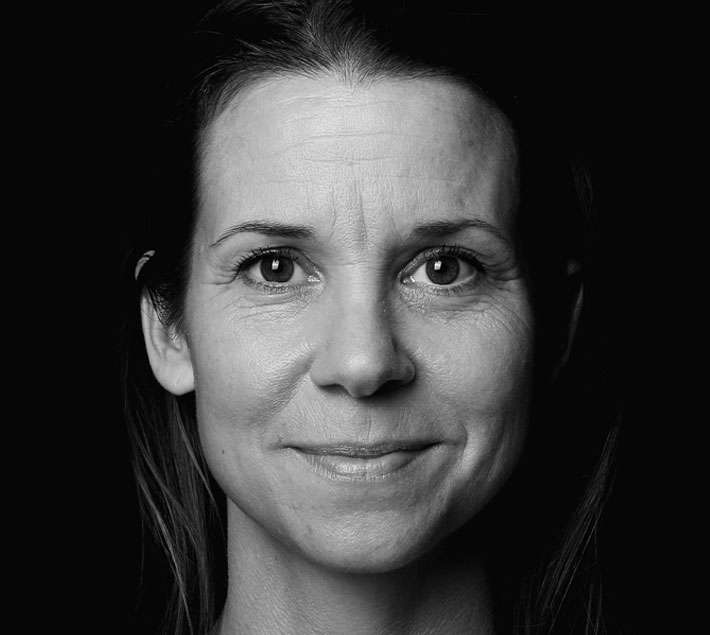Do you prefer to work individually or as part of a team?
It's a question I find quite hard to answer. Popular opinion has it that working in high performing teams with a common purpose enables us to achieve more than we can alone, but in my view, there is far more to it than that.
One of my favourite lessons at school was art and I looked forward to it every week. I was quite good at it and always enjoyed the creative process and personal pride that went into producing something that was uniquely mine, whether it was a painting, drawing, sculpture or something else. I can still remember with horror the day our teacher put us into small groups and asked us to create a piece of work as a team. We spent time talking and arguing about what to do and the final piece, whilst being acceptable, was nothing like as good as we could have produced individually. In my opinion, the team process stifled our individual creativity, forced us to compromise and lowered our expectations of the final result.
Clearly there are times when teams are needed and other times when staunch individuality wins through. As referred to in the quote from the the TV show The Apprentice: "There's no I in team, but there are 5 Is in individual brilliance".
It could be argued that all of us aspire to become a member of a team in some form or another. We enjoy the sense of belonging to a group of people who are in pursuit of a common goal or who share similar vision and values. It feels good to be part of something that is bigger than ourselves.
And what about the interplay between leadership and team working?
Many of the so called teams that I come across could best be described by this famous quote from the late Michael Winner: "A team effort is a lot of people doing what I say".
I do wonder, if the real meaning of a team and team working has been diluted to include any group of people who find themselves working together for whatever reason. If you look at what team building activities are on offer, it would support this theory, where quad bike riding, paintballing and murder mystery weekends are all purported to be great ways to build your team.
At Impact we work with many teams, some of whom genuinely draw on each others' experience and talent, focusing on a clearly articulated set of goals to achieve high performance, whereas others are teams in name only, working almost in isolation from each other and focusing on individual activity in preference to actually working together. To build a real high performing team takes commitment, understanding and time, but most of all it requires a clear articulation for its genuine purpose.
We have been lucky enough to work with some amazing teams from the sporting world - the British and Irish Lions Rugby Union Team (South Africa Tour 1997), The England and Wales Cricket Board under 19s and the Ilmor Engineering Team (Mercedes-McLaren Formula One) to name but a few. With sporting teams, there is always a clear goal, to win! In business, teams also need to have a unified purpose around which they can build effective relationships, quality conversations and a high performance mindset.
One of the many teams I find myself working in is Impact's own Global Leadership Team (GLT). With a culturally diverse and fast moving organisation like Impact, where responsiveness and agility are vital for us to remain competitive in a demanding and complex market, it is vital that we are able to focus on our goals whilst flexing our approaches to meet the many and varied needs of our clients and colleagues.
The GLT is eight people in total, drawn from all the regions that we operate in: The Americas, Asia Pacific and Europe, Middle East and Africa. We meet virtually, every two weeks at 7.00pm UK time, which enables us to catch our New Zealand colleagues at 6.00 am and our American colleagues during their working day. Each of us has a functional overview that collectively covers the main areas of our 2020 plan. We discipline ourselves to a sixty minute meeting with follow on meetings arranged between those who need to be involved. We use Skype to connect and share ideas, documents and videos before the meeting to bring each other up to speed. We have clear areas of expertise and clearly defined roles but our meetings are about supporting each other, challenging each other, problem solving and innovating new ideas. In addition we also meet face to face at least twice a year to re-establish our relationship and to spend quality time together, giving and receiving feedback, socialising and setting new targets for each other. Without this team, I could not manage our business effectively and it would take so much longer to get things done.
We live in a world where individuality is more highly in evidence than before and where people are increasingly likely to have multiple jobs and employers. More than ever before, each person needs to be managed in a way that suits their own personal preferences if they are to be engaged and committed. Joining new teams, building teams and successful team working all become developable personal skills that can be readily applied to the varied situations an individual will find themselves working in.
Have you come across Justin Rosenstein? He is one of the founders of Asana, a collaborative team management application that improves the way teams communicate and collaborate. Justin recently presented at the "Wisdom 2.0 Conference". His talk is entitled "Do Great Things: Understanding and Compassion" His basic theme is "From Me To We". It's 30 minutes long but well worth watching.
So what's it to be? Me or We?
Perhaps Me to We best captures it.
David Williams is Impact's Founder and CEO.
